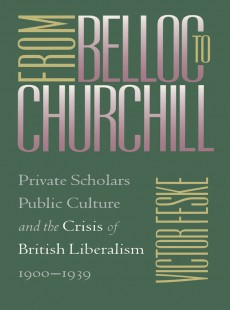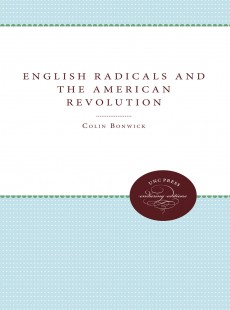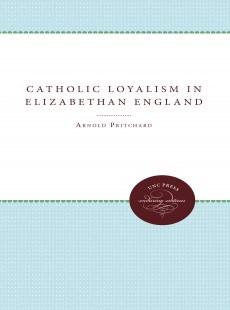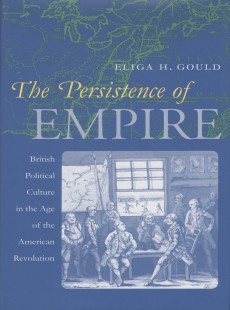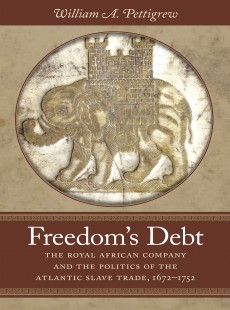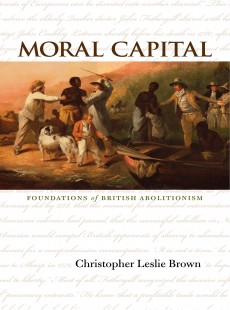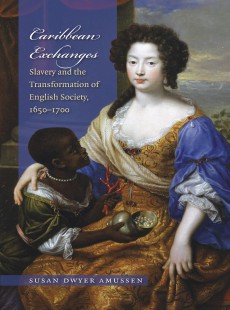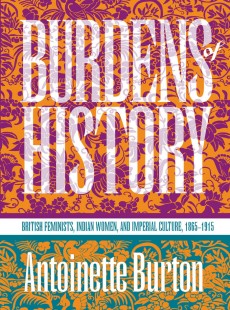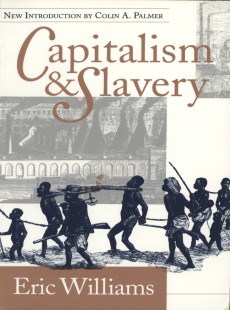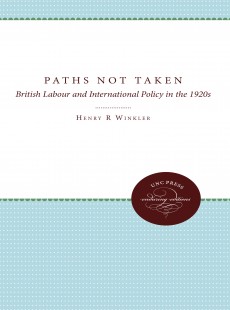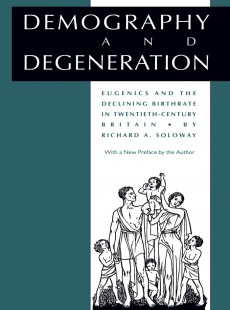
Demography and Degeneration
Eugenics and the Declining Birthrate in Twentieth-Century Britain
Richard A. Soloway
 Publisher: University of North Carolina Press
Publisher: University of North Carolina Press
Imprint: The University of North Carolina Press
Published: 02/2014
Pages: 464
Subject: History, Social Science
| University of North Carolina
Print ISBN: 9.78E+12
eBook ISBN: 9781469611198
DESCRIPTION
Demography and Degeneration considers how differing scientific and pseudoscientific theories of biological inheritance became popularized and enmeshed in the prolonged, often contentious national debate about "race suicide" and "the dwindling family." Demographic statistics demonstrated that birthrates were declining among the better-educated, most successful classes while they remained high for the poorest, least-educated portion of the population. For many people steeped in the ideas of social Darwinism, eugenicist theories made this decline all the more alarming: they feared that falling birthrates among the "better" classes signfied a racial decline and degeneration that might prevent Britain from successfully negotiating the myriad competive challenges facing the nation in the twentieth century.
Although the organized eugenics movement remained small and elitist throughout most of its history, this study demonstrates how pervasive eugenic assumptions were in the middle and upper reaches of British society, at least until World War II. It also traces the important role of eugenics in the emergence of the modern family planning movement and the formulation of population policies in the interwar years.
RELATED TITLES



